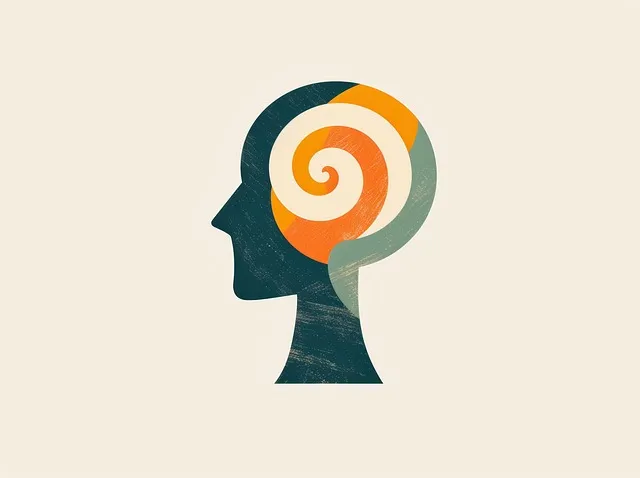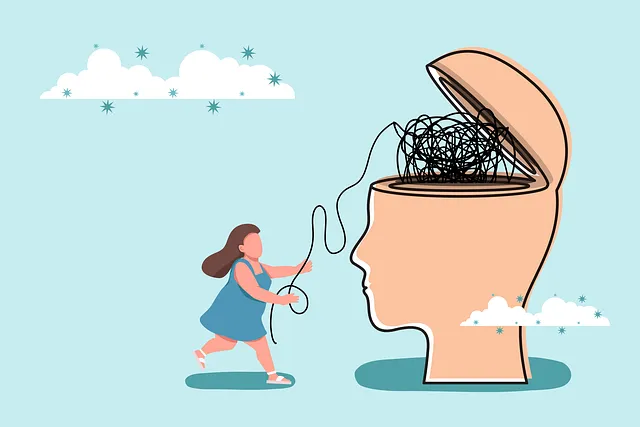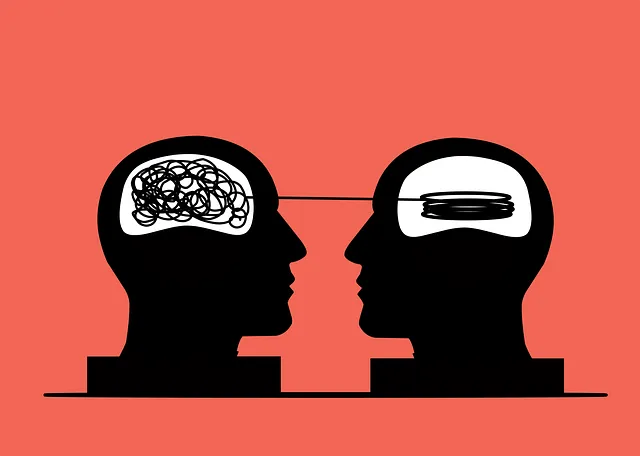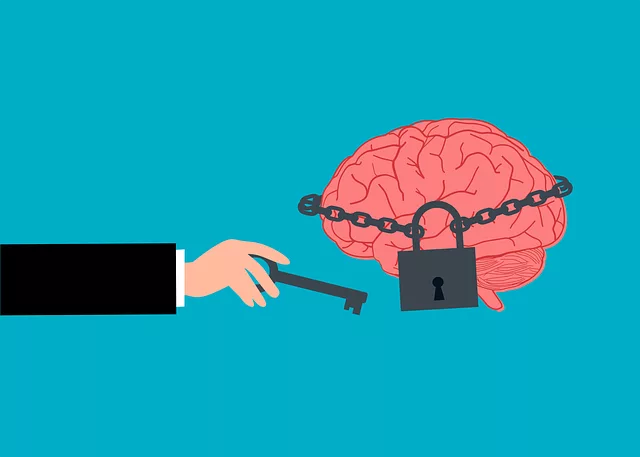Kaiser Permanente Golden emphasizes the importance of coping skills in managing life's challenges through its mental health initiatives. Their programs, designed by Golden's Mental Health Education Programs, equip individuals with tools like mindfulness and relaxation techniques to combat stress, anxiety, and conflict. The dedicated Kaiser Permanente mental health number offers immediate access to professional counseling, while their broader policy efforts promote open conversations and comprehensive mental health solutions. For healthcare professionals, tailored resources and programs address unique challenges, enhancing emotional resilience through practices such as breathing exercises and peer support. Integrating these coping techniques into daily life improves well-being and fosters a healthier mindset.
In today’s fast-paced world, coping skills development is essential for maintaining mental well-being. Understanding coping mechanisms forms the foundation of a resilient mindset, enabling individuals to navigate life’s challenges effectively. The Kaiser Permanente Mental Health Number serves as a valuable resource, offering support and guidance when needed most. This article explores strategies for cultivating coping skills, integrating them into daily routines, and emphasizes the significance of these techniques in enhancing overall mental resilience, much like a golden key unlocking inner strength.
- Understanding Coping Skills: The Foundation of Mental Well-being
- Kaiser Permanente Mental Health Number: A Resource for Support
- Strategies for Effective Coping Skill Development
- Integrating Coping Techniques into Daily Life: Tips and Tools
Understanding Coping Skills: The Foundation of Mental Well-being

Coping skills are essential for navigating life’s challenges and maintaining mental well-being. Understanding these skills is a foundational step towards improving overall mental health, as highlighted by Kaiser Permanente’s commitment to mental health awareness. The organization’s initiatives, including Golden’s Mental Health Education Programs Design, emphasize the importance of equipping individuals with effective tools to cope with stress, anxiety, and conflict.
By learning and practicing coping strategies, people can reduce the impact of adverse situations, enhance their resilience, and improve their ability to manage emotions. This includes techniques such as mindfulness, relaxation exercises, and conflict resolution methods, which are all part of a comprehensive mental health education. These skills not only aid in Anxiety Relief but also foster personal growth, enabling individuals to lead more balanced and fulfilling lives.
Kaiser Permanente Mental Health Number: A Resource for Support

The Kaiser Permanente mental health number serves as a vital resource for those seeking support for their emotional well-being. This dedicated line provides immediate access to professional counseling and guidance, ensuring individuals have a reliable safety net during times of distress. Whether it’s navigating through personal challenges or managing chronic stress, the trained professionals on the other end are equipped to offer evidence-based solutions tailored to each caller’s unique situation.
Beyond coping skills development, this initiative by Kaiser Permanente underscores their commitment to Mental Health Policy Analysis and Advocacy, promoting a culture where open conversations about mental health are encouraged. Additionally, Conflict Resolution Techniques and Social Skills Training programs often accompany these support services, fostering healthier interpersonal interactions and empowering individuals with comprehensive tools for managing their mental health effectively.
Strategies for Effective Coping Skill Development

Developing effective coping skills is a vital aspect of maintaining mental health, especially in demanding professions like healthcare. At Kaiser Permanente, recognizing the importance of emotional well-being, they offer various resources and programs tailored to support mental health. The Mental Health Policy Analysis and Advocacy team plays a crucial role in understanding and addressing the unique challenges faced by healthcare providers, ensuring their emotional healing processes are prioritized.
One effective strategy is mindfulness practice, which helps individuals stay present and reduce stress. Simple breathing exercises and meditation techniques can be powerful tools for burnout prevention among healthcare workers. Additionally, seeking support from colleagues or joining peer-led groups encourages open discussions about mental health concerns, fostering a sense of community and reducing the burden of isolation. These coping mechanisms are essential components in any comprehensive plan to enhance emotional resilience.
Integrating Coping Techniques into Daily Life: Tips and Tools

Integrating coping techniques into your daily routine is a powerful way to enhance resilience and overall well-being. At Kaiser Permanente, mental health professionals often recommend a combination of strategies to manage stress and promote emotional balance. One practical tip is to select a few techniques that resonate with you and make them a consistent part of your day. For instance, incorporating mindfulness exercises like deep breathing or meditation during mornings can set a calm tone for the rest of the day. Similarly, scheduling short breaks for physical activity or engaging in hobbies can serve as valuable stress reducers.
Effective coping also involves utilizing communication strategies. Talking to loved ones about your feelings and experiences is a powerful tool (Golden). Whether it’s sharing with a friend during lunch or seeking support from a mental health professional, open dialogue can provide perspective and relief. Additionally, learning Emotional Regulation techniques allows you to manage intense emotions, fostering a sense of control. By integrating these tools into your everyday life, you can navigate challenges more effectively and cultivate a healthier, happier mindset.
Coping skills development is a powerful tool for maintaining mental well-being. By understanding the importance of these skills, leveraging resources like the Kaiser Permanente Mental Health Number for support, and implementing effective strategies, individuals can navigate life’s challenges with resilience. Integrating coping techniques into daily routines, as suggested in this article, empowers folks to foster a sense of calm and balance amidst the hustle and bustle of modern life. The Golden rule? Consistently practice what resonates, making mental health a priority for a richer, more fulfilling existence.






